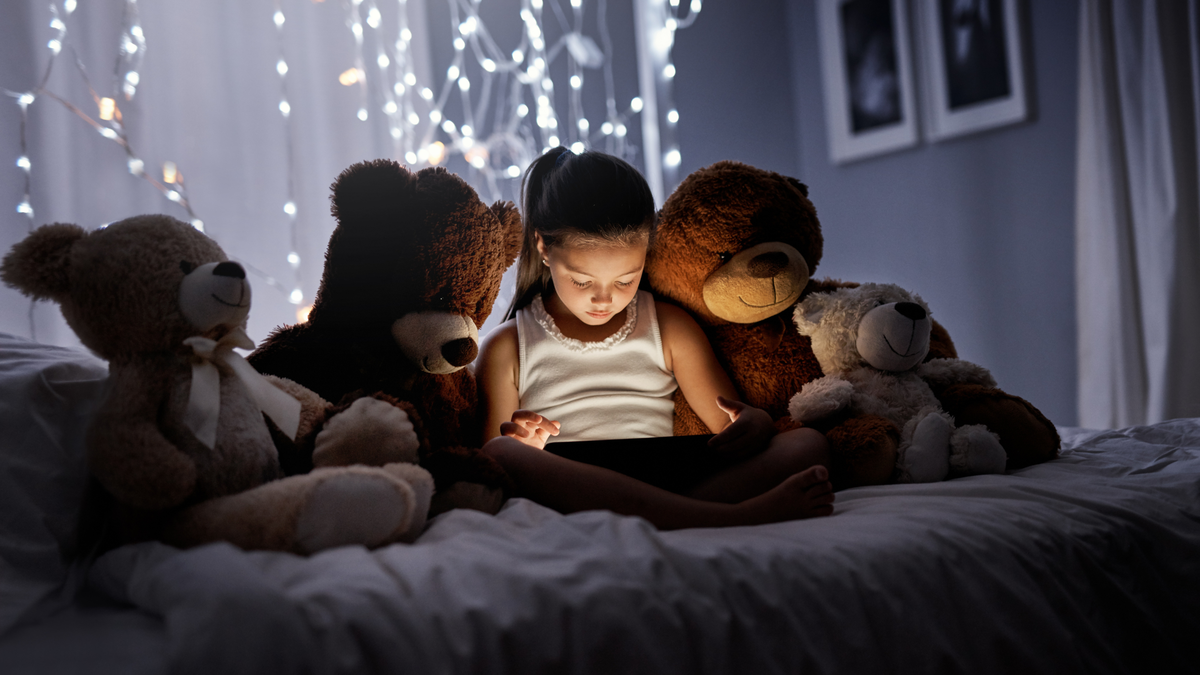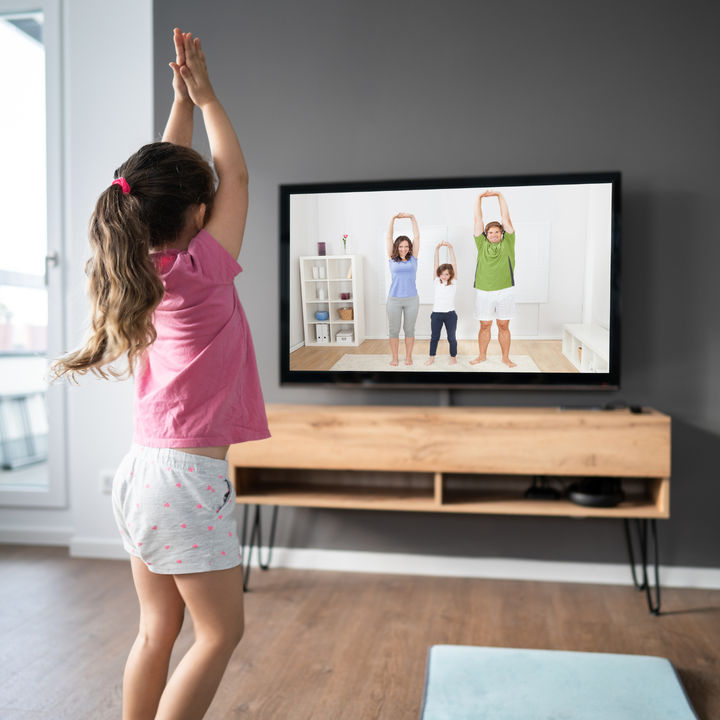Screen Time... Yes or No?

Modern life for a parent is tough - there are so many things to constantly worry about. Development milestones, communication milestones, proper socialisation, psychological development. Families are constantly busy and time-poor, and many parents are desperate for 10 minutes to prepare a healthy meal without worrying about entertaining the kids. This is often when the iPad is pulled out - one episode of Bluey can get your pasta boiled! So is it so bad to pull out a screen to get some household chores done? Or just because your child really enjoys singing along to Let It Go at the top of their lungs?
The question of the effect of screen time on communication development, and the sweet spot for the amount of screen time to support development, is a common one among parents.
The truth is, screens are unavoidable in today's climate.

So, what's the issue with Screen Time?
Young children learn to talk and communicate through interactions with family, friends and other people. The first several years are crucial for a child's language development. Time in front of a screen can take away opportunities for interaction between peers, family and others. Research has indicated, yet not proven, that there are some observations of children having lower development skills when they have more screen time.
So, are you saying no screens at all?
Emphatically NO! We don't want to completely rid a child of the joy their favourite show might bring, or remove the outlet to support a parent's need to make dinner uninterrupted. Screen time can be useful within times of need or recreation.
Screen time can even be helpful in some situations, such as supporting a child to cope in an unfamiliar space (e.g. shopping centres), in difficult places (e.g. a doctors waiting room), or allowing for a brief time following an unlike activity ("First brush your teeth, then 2 minutes of TV").
But... screens should not become a 'babysitter' or a replacement for interacting with your child. Treat screen time as you would unhealthy food and have it as a 'sometimes' activity to help support healthy communication development.
What about WHAT is on the screen?
With streaming, YouTube and social media, the content a child has access to at any time are overwhelming! So what shows are ok, and which shows should be avoided to support communication development during screen time?